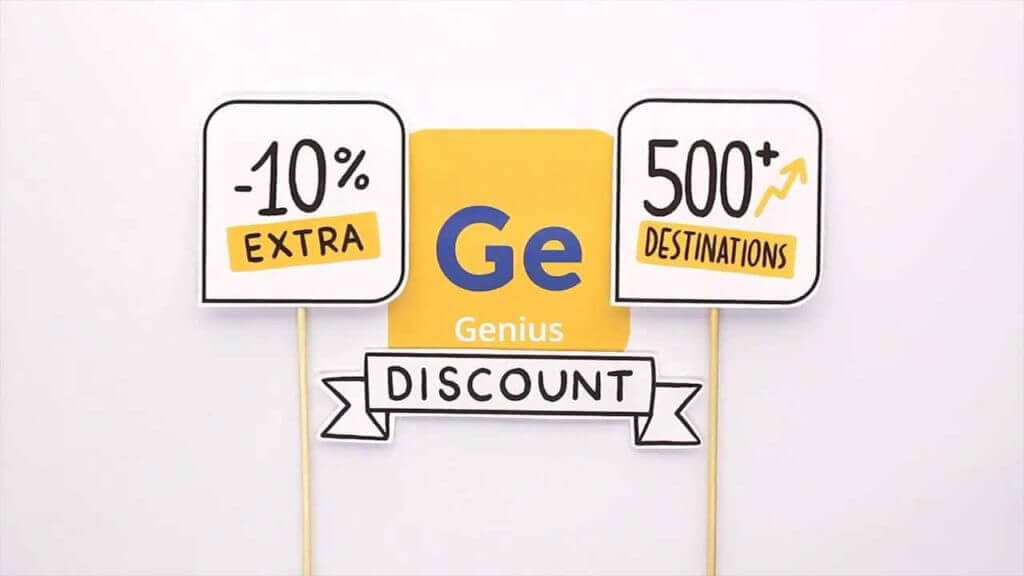
The Genius rewards programme is a brilliant move by Booking.com in its strategy to continue gaining market share in hotels by gobbling up other online channels as well as the hotel’s own direct channel, their website.
Reasons to join Booking Genius
Hotels usually resort to the Genius programme when:
- They look for more sales on low-demand dates.
- They consider that Booking.com has “high-quality” clients under control(frequent travellers) which they wouldn’t otherwise have access to.
- They want immediacy.
- They don’t see a problem in giving an exclusive discount to these Genius clients because they are low-demand dates and “what does it matter because the hotel won’t fill up anyway”.
- They consider that they have the situation under control and that they will “leave Genius” when everything goes back to normal and they don’t need it.
- They follow recommendations from their Booking.com account manager and try it out. In fact, com argues that, by activating Genius, many hotels see their average price go up instead of down. This, according to them, is due to many Genius clients booking rooms without the discount.
This reasoning means that joining Booking Genius is logical, understandable and I would even go as far as saying that it’s the right decision in certain scenarios. However, in most cases, it doesn’t adjust to reality, it’s basis is wrong and, above all, it’s a strategically dangerous decision.
Why do hotels perpetuate the use of Booking Genius?
After activating Genius, time goes quickly. Weeks, months and even years go by and “being in Genius” is perceived as normal. Many hotels do not re-evaluate it periodically (which they should do) to see if it’s still worth it. This happens because:
- Comfort. One of the key successes of Booking.com is that it makes life easy for hoteliers. Genius is also comfortable.
- Lack of time to measure results and analyse whether the value it adds is bigger than the one it destroys. Comfort and lack of time go hand in hand and Booking.com exploits this to perfection.
- Lack of tools to automatize data for subsequent analysis. Whoever wants to analyse something, has to do so by hand. Neither the PMS nor Booking.com help you with this task.
- Lack of knowledge to make the right exercise. Despite having the data at hand, how do I measure the impact Genius has over my income? And over my expenses and, therefore, my GOP? And over my average price? Which part of the sales is new and which one is cannibalised? How does it impact the sales from other channels?
- Ignorance or fear of “what will happen if I leave?”. Although many hotels have not been part of Genius for very long, they now feel fear if they leave, almost as if there was an abyss out there.
Visibility, new sales vs. profitability
We do not question that Booking Genius adds visibility to your hotel – a word that sounds great although it’s used lightly and even wrongly in many cases. This visibility allows you to access a larger pool of clients that you supposedly couldn’t previously access, although it also cannibalises clients that you already had and that booked rooms at your price without a discount. All of this ends up as an alleged larger sale, but at a much larger cost, although this is overlooked since it’s “low season”.
What we do question is the suitability of the Genius programme, its profitability on a global scale for your hotel and, above all, the model’s sustainability (is this the path we want to follow?). Therefore, our recommendation is to permanently revise the programme in all cases and, in most of them, leave it.




